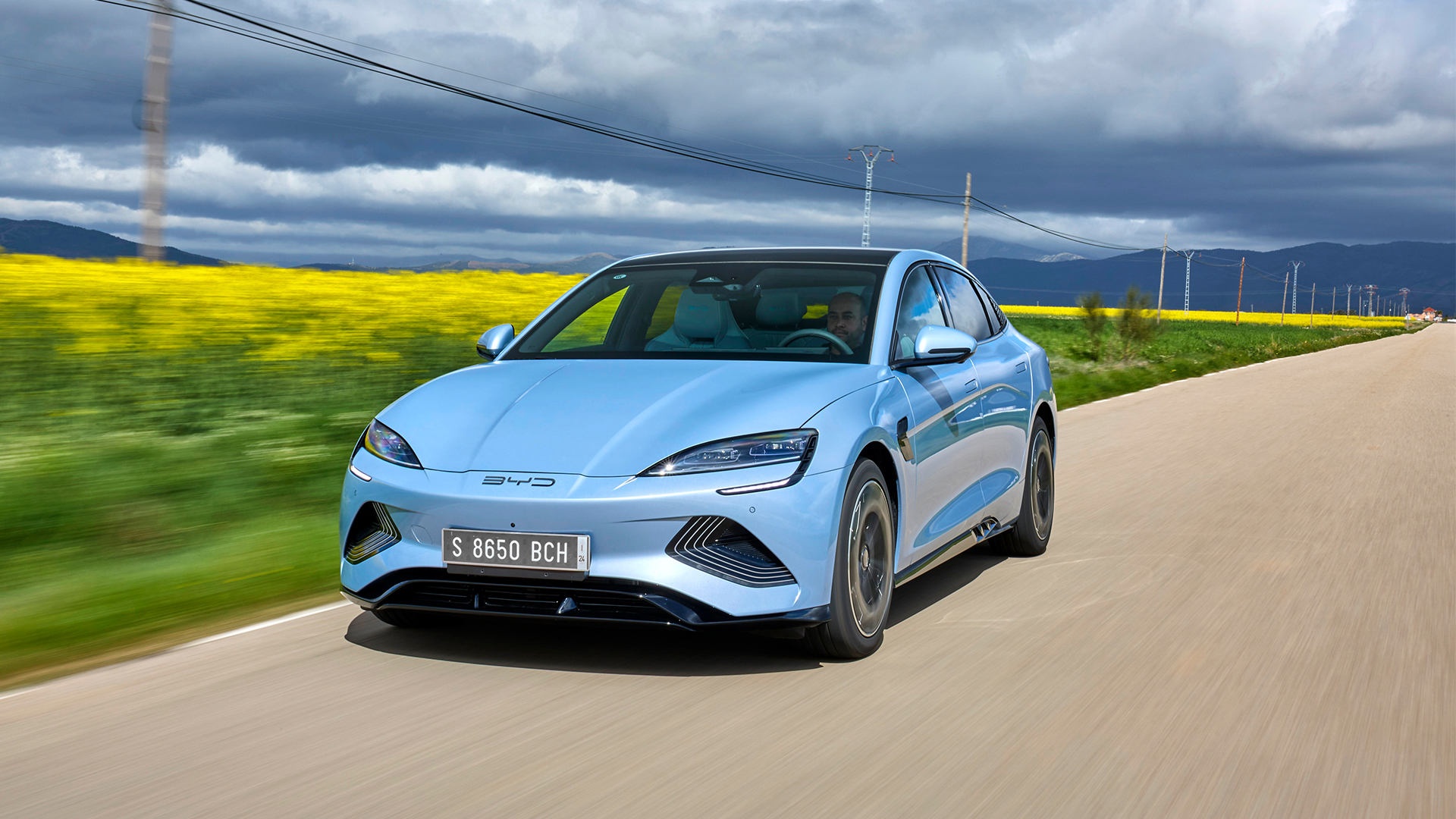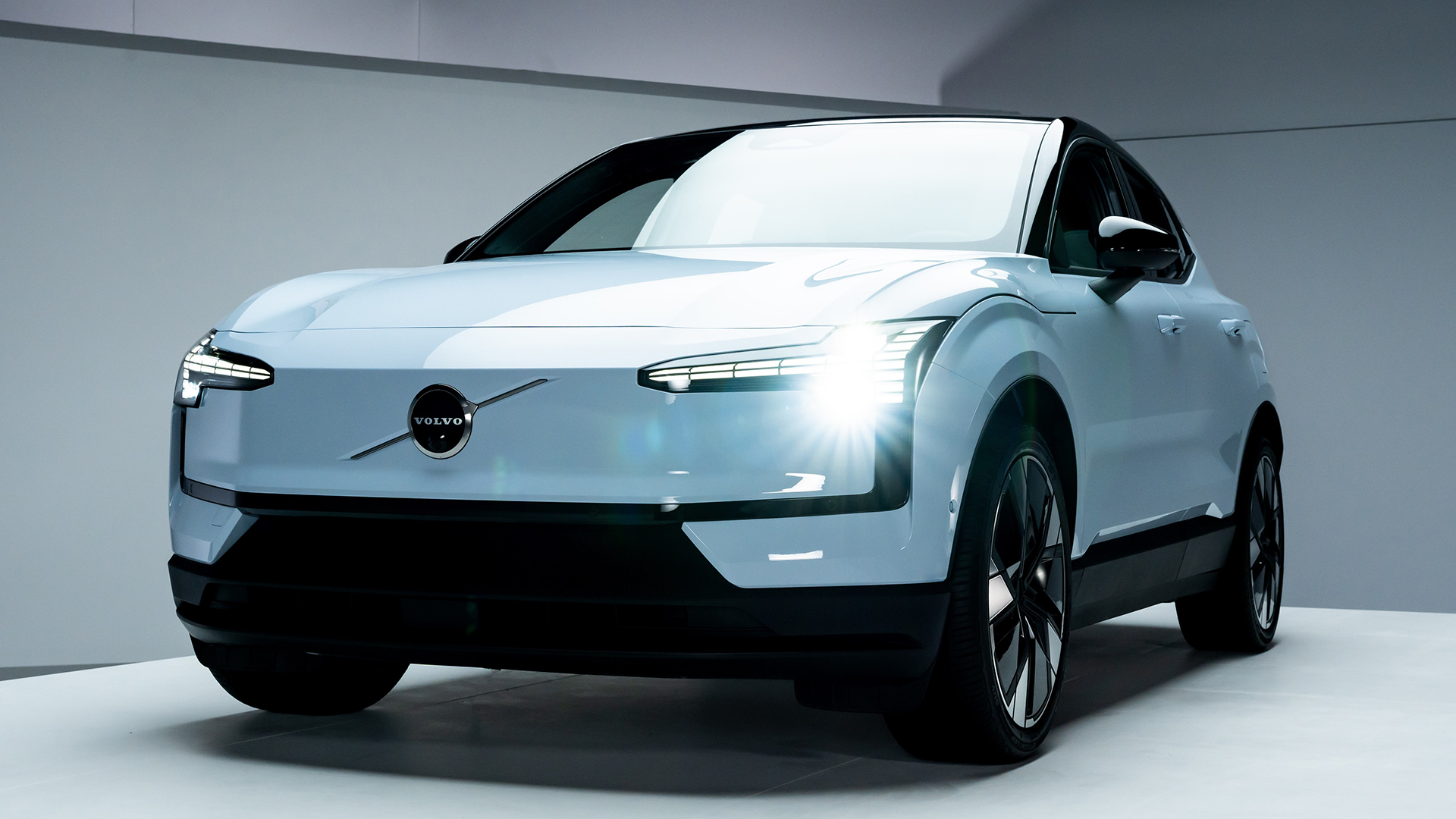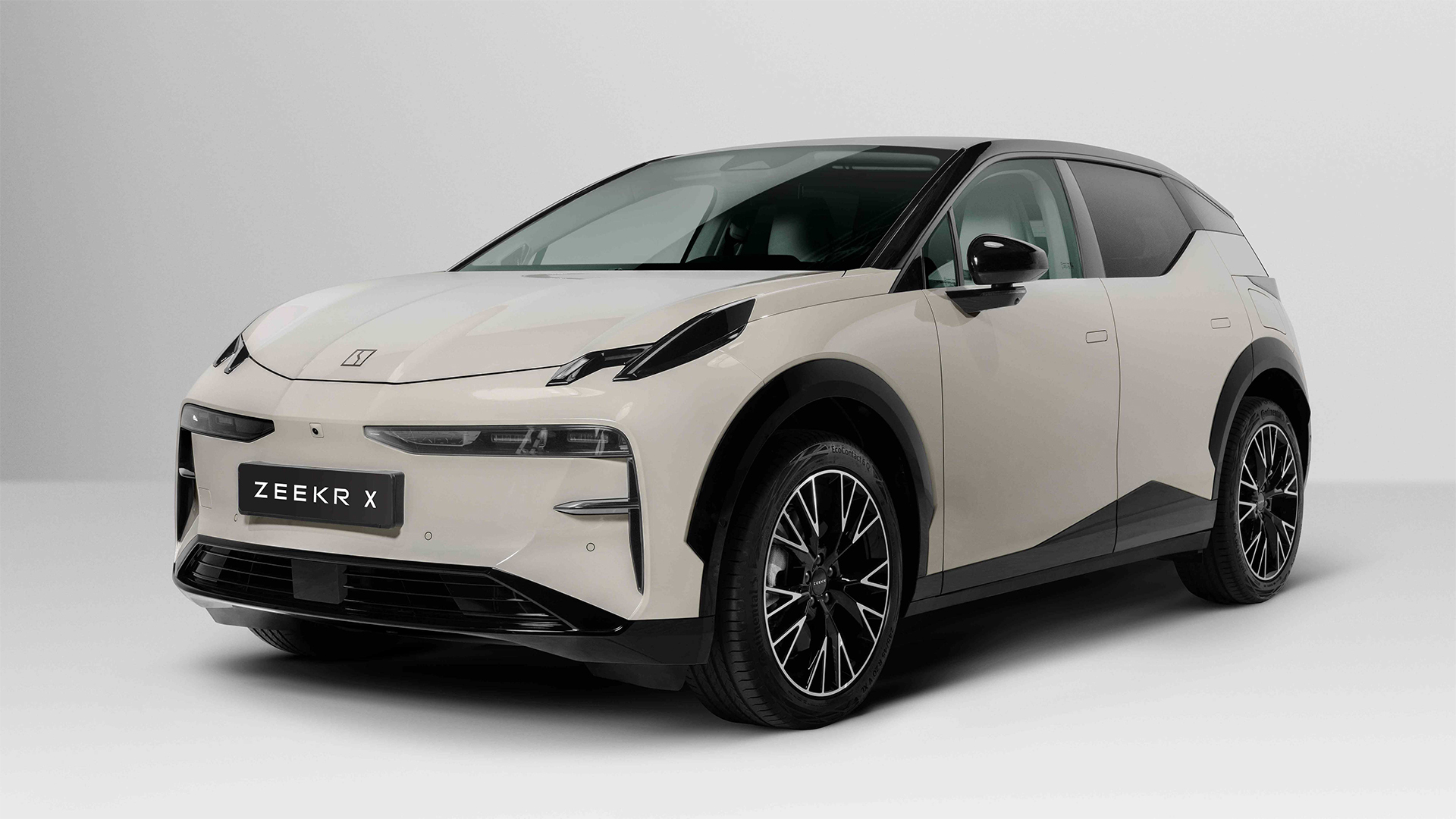Chinese EVs probably won't offer incredible value for much longer – here's why
President Biden ramps up tariffs on Chinese EVs, but who is next?

The US government has said it will increase the border tax on Chinese-made electric vehicles from 25% to 100% in a move that President Biden hopes will halt the threat that more affordable EVs pose to its domestic carmakers.
Chinese EVs imported to the US prior to the updated tariffs already face a 25% tax, alongside an additional 2.5% that affect any foreign vehicle import, taking the total to 27.5%, which means sticker prices of China-made vehicles in the US are competitive but not as cheap as many have feared.
Take the upcoming Volvo EX30, as an example, which was due to go on sale in the US for $35,000 (around £28,000 / AU$52,500) later this year, undercutting the Tesla Model Y by around $8,000 (about £6,000 / AU$12,000). But its price tag will rise to $54,000 (around £43,000 / AU$81,000) under the new guidelines, according to Electrek, thanks to its production and assembly in China by Chinese parent company Geely.
President Biden’s move appears to be in direct response to mounting pressure from domestic automakers, which have voiced their concern about the threat of cheap Chinese electric vehicles "flooding" the market. Earlier this year, the president even opened a Commerce Department investigation to look at the technology embedded in Chinese imports and whether data handled by the firms could pose a risk to national security.

In addition to electric vehicles, the US government has also sought to increase tariffs on a number of other products hailing from China, including semiconductors, which will face an increase from 25% to 50% by 2025, as well as lithium batteries and critical minerals, which will rise from 7.5% to 25% in 2024.
Both of these things are essential to the manufacturing of modern electric vehicles, even those designed and built in the USA. With this in mind, North American buyers could find that the price of even those electric vehicles manufactured on home soil, as well as many other pieces of consumer tech, could also become more expensive in the near future thanks to the new tariffs.
According to the BBC, China's commerce ministry said the new moves would "severely affect the atmosphere for bilateral cooperation”, with a spokesperson for China's foreign ministry saying it "will take all necessary measures to safeguard its legitimate rights and interests".
Get daily insight, inspiration and deals in your inbox
Sign up for breaking news, reviews, opinion, top tech deals, and more.
Analysis: will other markets follow suit?

When reporting on the recent tariff increases, Electrek made the astute observation that only two EVs currently on sale in the US are made in China: the Geely-owned Polestar 2 EV and the Volvo S90 Recharge Plug-in Hybrid, with the aforementioned Volvo EX30 slated to go on sale later this year.
It’s not exactly the image of a "flooded market" that those in the White house continue to paint, while many industry experts believe that further tax breaks and incentives for domestic electric vehicle manufacturers would be a much better way to increase competition and ensure a fair playing field.
Erica York, senior economist at the Tax Foundation, told the BBC that both Biden and his closest rival, Donald Trump, were "heading down the same path" of higher barriers to trade and looking inward "rather than looking at what we can do on the policy front that would actually make our sectors more competitive”.
Given that one of China’s biggest EV-makers, BYD, has said on numerous occasions that it doesn’t plan to enter the US market, it will be more telling to see what happens in some of the larger markets, such as Europe, where the likes of BYD, Zeekr, Always and Nio are already establishing a name for themselves.
Late last year, an EU Commission was set up to investigate alleged subsidies for Chinese automakers and the results of its findings could lead to the European Union imposing similar punitive tariffs in order to protect its own automotive industry.
If this is the case, it means that not only will the consumer be forced into paying higher prices for new electric vehicles, but the knock-on effect will also likely be a general slowing in the uptake of EVs and another bump in the road towards a reduction in global carbon emissions.
You might also like

Leon has been navigating a world where automotive and tech collide for almost 20 years, reporting on everything from in-car entertainment to robotised manufacturing plants. Currently, EVs are the focus of his attentions, but give it a few years and it will be electric vertical take-off and landing craft. Outside of work hours, he can be found tinkering with distinctly analogue motorcycles, because electric motors are no replacement for an old Honda inline four.